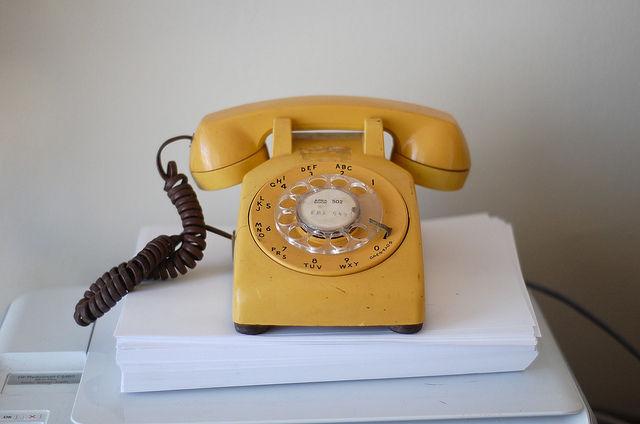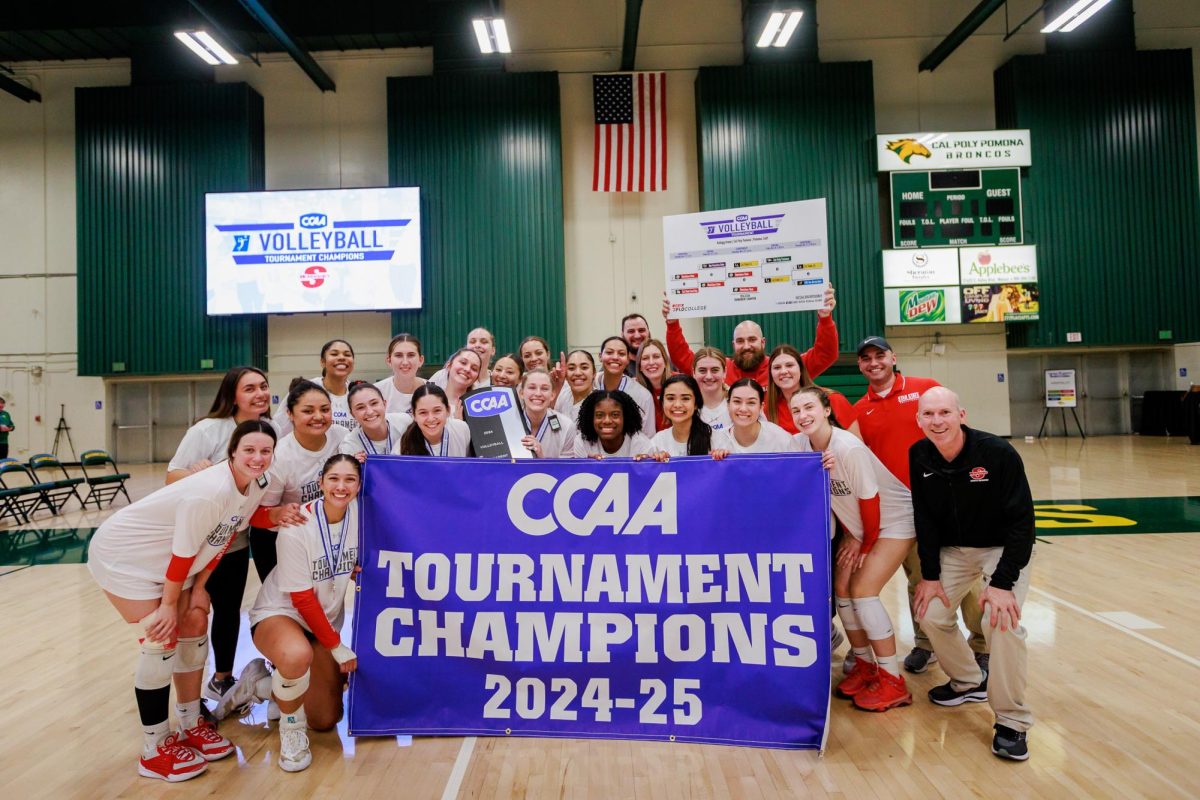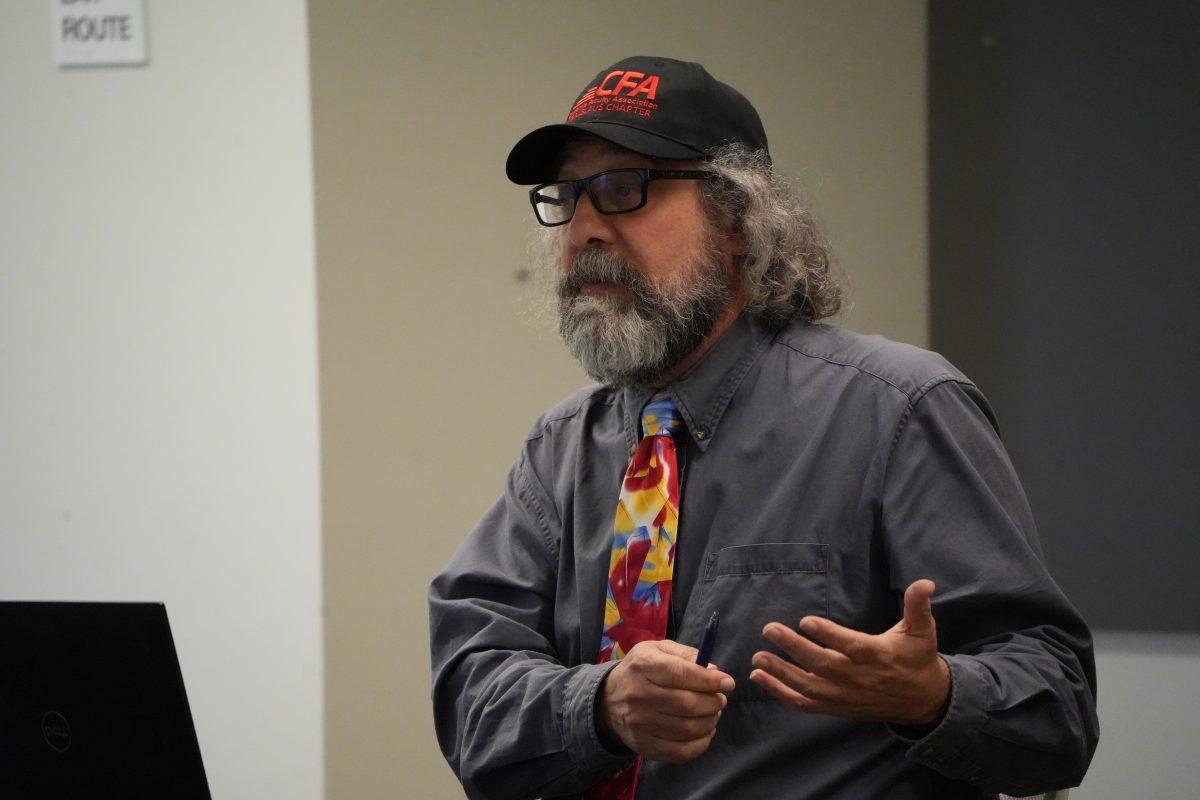The University Police Department (UPD) is instructing students to be careful of a phone scam that was recently reported by a California State University, Stanislaus student.
“We have been lucky this year, as we have only one reported incident,” Lieutenant Andy Roy of UPD said. “However, if someone has been a victim of a scam, we encourage you to immediately report it to the University Police.”
The student received a phone call from an unknown male with a foreign accent awarding her a $9,000 grant.
He claimed to be associated with the federal government.
In an attempt to acquire the student’s banking information, the scammer requested the student obtain a “Green Dot Money Pak” card with a sum of $310 and send it to the scammer as a security deposit.
The unidentified male knew some of the student’s personal information and used it to sound credible.
The student became suspicious and contacted UPD. Upon investigation, UPD was able to confirm the incident as a scam attempt.
Similar scams can take place with callers pretending to be affiliated with any number of large organizations, including major banks or even the IRS.
It is recommended that students never give out personal information or money unless they are certain of whom the recipient is.
Lieutenant Roy encourages students to take precautions so they do not fall victim to phishing and other forms of phone and email scams. Roy provided the following three tips to keep students’ information safe:
1. Do not reply to phishing emails.
“The IRS describes phishing as a scam typically carried out by unsolicited emails and/or websites that pose as legitimate sites and lure unsuspecting victims to provide personal and financial information,” Lieutenant Roy said. “Do not reply, do not share personal information and never open any attachments. These attachments may contain malicious code that will infect your computer.”
2. Do not give out information over the phone.
“As stated in our warning to our students, anyone associated with a legitimate government entity issuing scholarships or grants will never ask for bank account numbers or ask for your own money in advance for a security deposit,” Lieutenant Roy said. “All federal and state-granted aid is administered through the Financial Aid office on campus and never via a phone call.”
3. Use strong passwords.
“Supply a password that is a minimum of eight characters in length, use both upper- and lowercase letters, include one or more numerical digits and include special characters: @, #, $, etc,” Lieutenant Roy said. “By keeping these tips in mind, students can do their part to protect themselves from phishing and other scams.”
If you have any information on these scams or have been a victim of a scam, please contact UPD at 209-667-3114.







